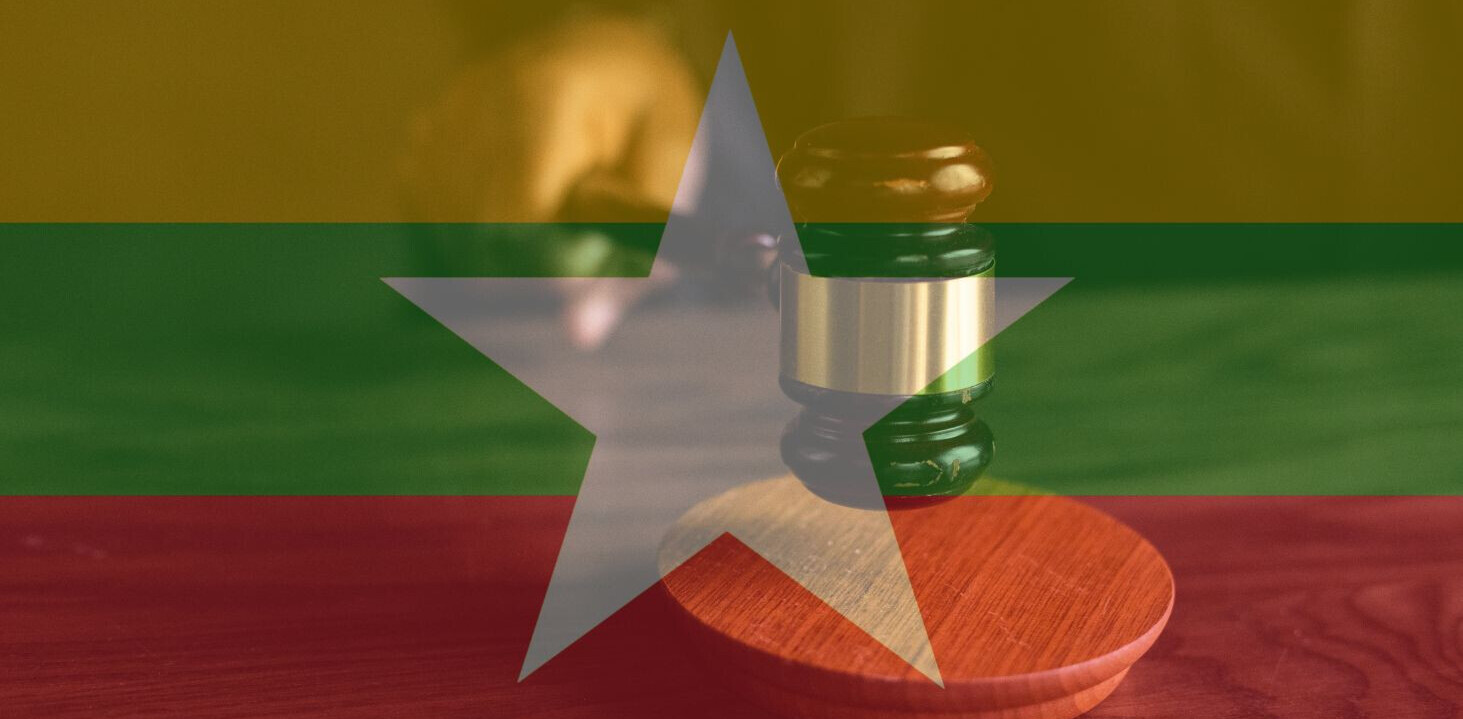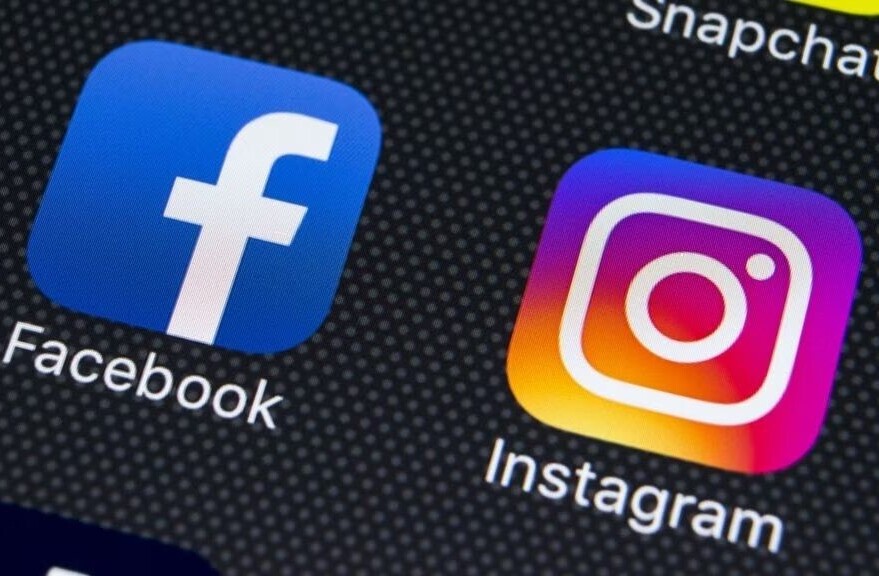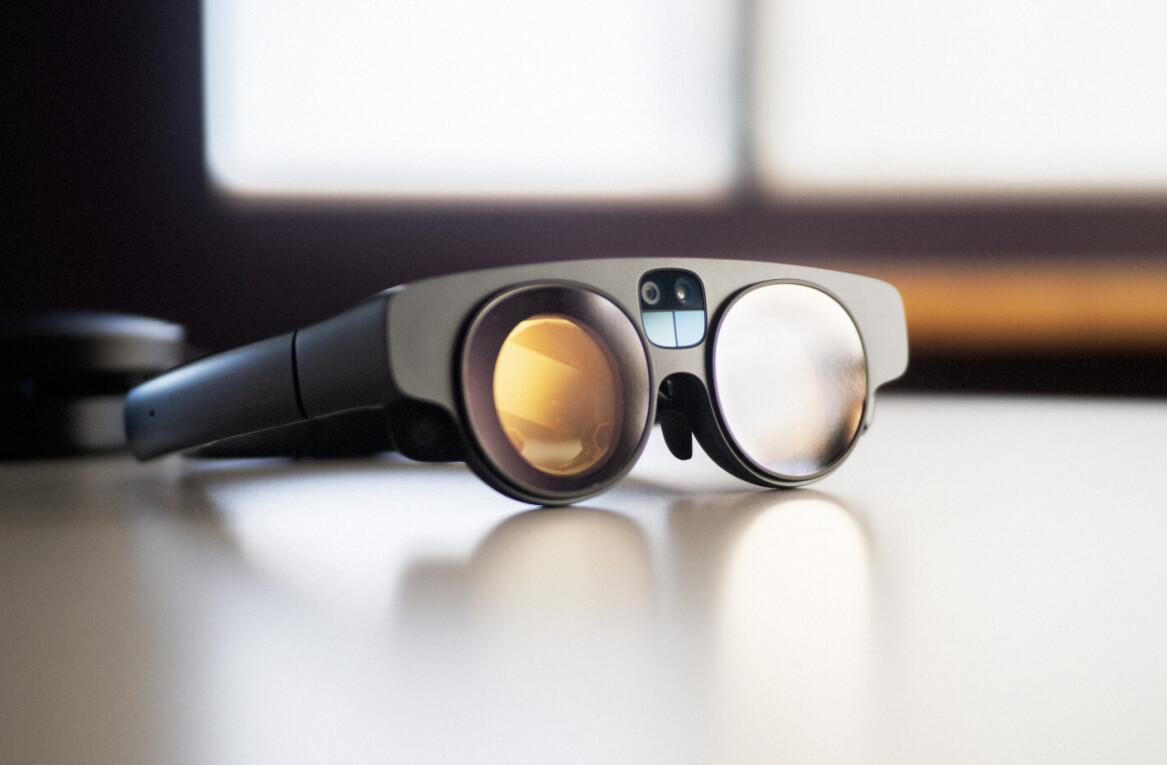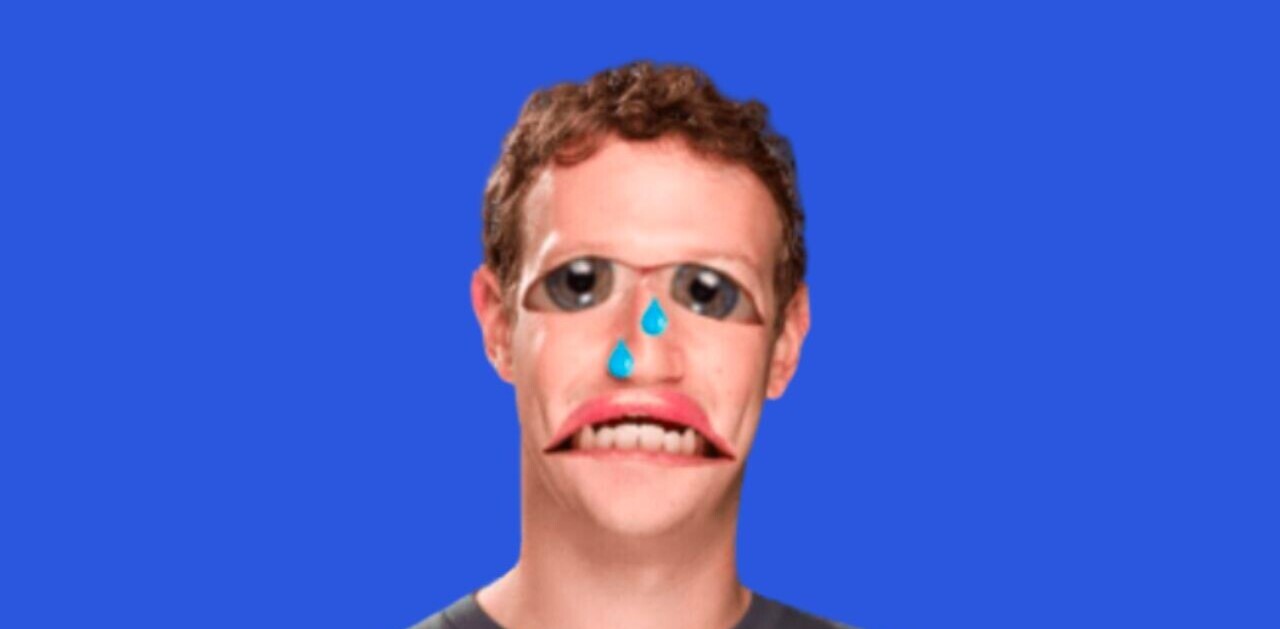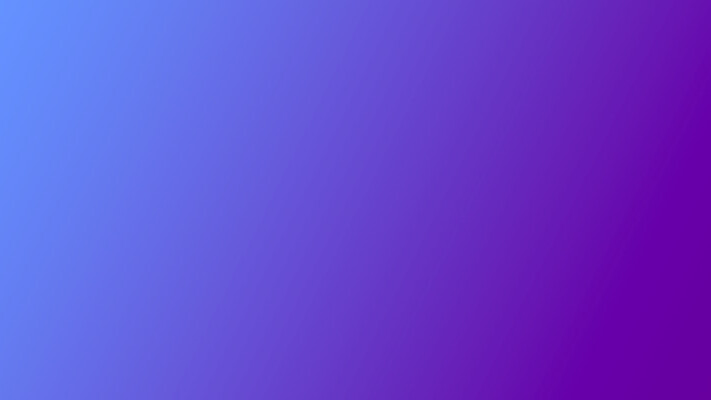
 Facebook has officially integrated Arabic and Hebrew into what is now the largest social network in the world.
Facebook has officially integrated Arabic and Hebrew into what is now the largest social network in the world.
Whilst the site already has great popularity in the middle east, this latest update is likely to see a huge spike in new users, bringing direct heavyweight competition to established popular Middle Eastern social networks such as ArabFriendz.
You can immediately see why Facebook took the time and effort to add both languages, with only 2.9% of the worlds population and currently 23.3% of that percentage using the internet – now is the time to ensure Facebook are on board during the next phase of uptake.
Complexites
As you would expect, the translation of the site for languages which write from right to left brought a mass of complications. Along with the horrendous design complexities, linguistically there are enormous of significant differences between the various dialects in different Middle East countries.
As Facebook’s localisation director, Ghassan Haddad, points out:
Another challenge is the constant evolution of language with many different dialects of the same language. Arabic is the official language of more than 20 different countries including Algeria, Egypt, Saudi Arabia and Yemen. In some cases, the dialects can seem so different that they border on being completely separate languages. One common form of Arabic is Modern Standard, which is used in media, publishing and other formal and religious circles. It is the only written form of Arabic and the one that is used on Facebook. However, even with the use of one written form, significant regional variations exist, especially related to words for modern advances such as in the area of technology. Some people use the word “موبايل” and others use “”الجوال” and both are commonly accepted uses of the word “mobile” depending on your country of origin.
One of the most interesting features of the latest update is Facebook’s detection of gender. In both Arabic and Hebrew, words can alter depending on whether they are spoken to a male or a female. To overcome the issue, Facebook developers built a feature called “dynamic explosion” (God knows why) which detects a person’s gender and selects the appropriate translation.
Facebook is now available in 40 languages with over 60 more in development. Facebook also have their own Translations application where you can actually help integrate your own language into the network.
Get the TNW newsletter
Get the most important tech news in your inbox each week.
